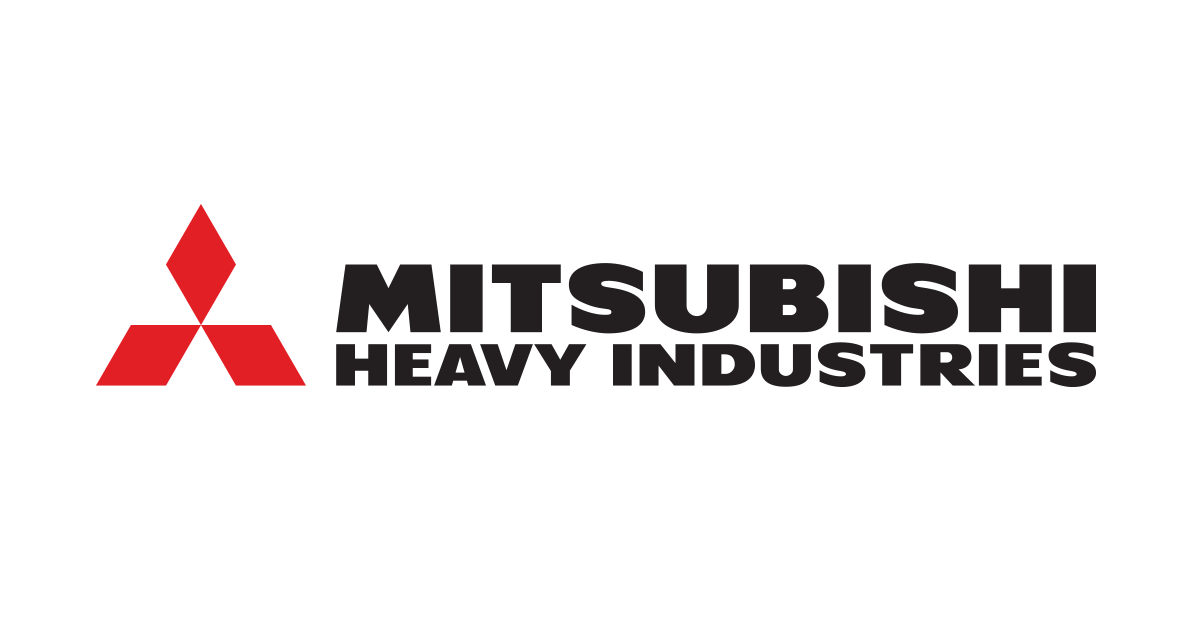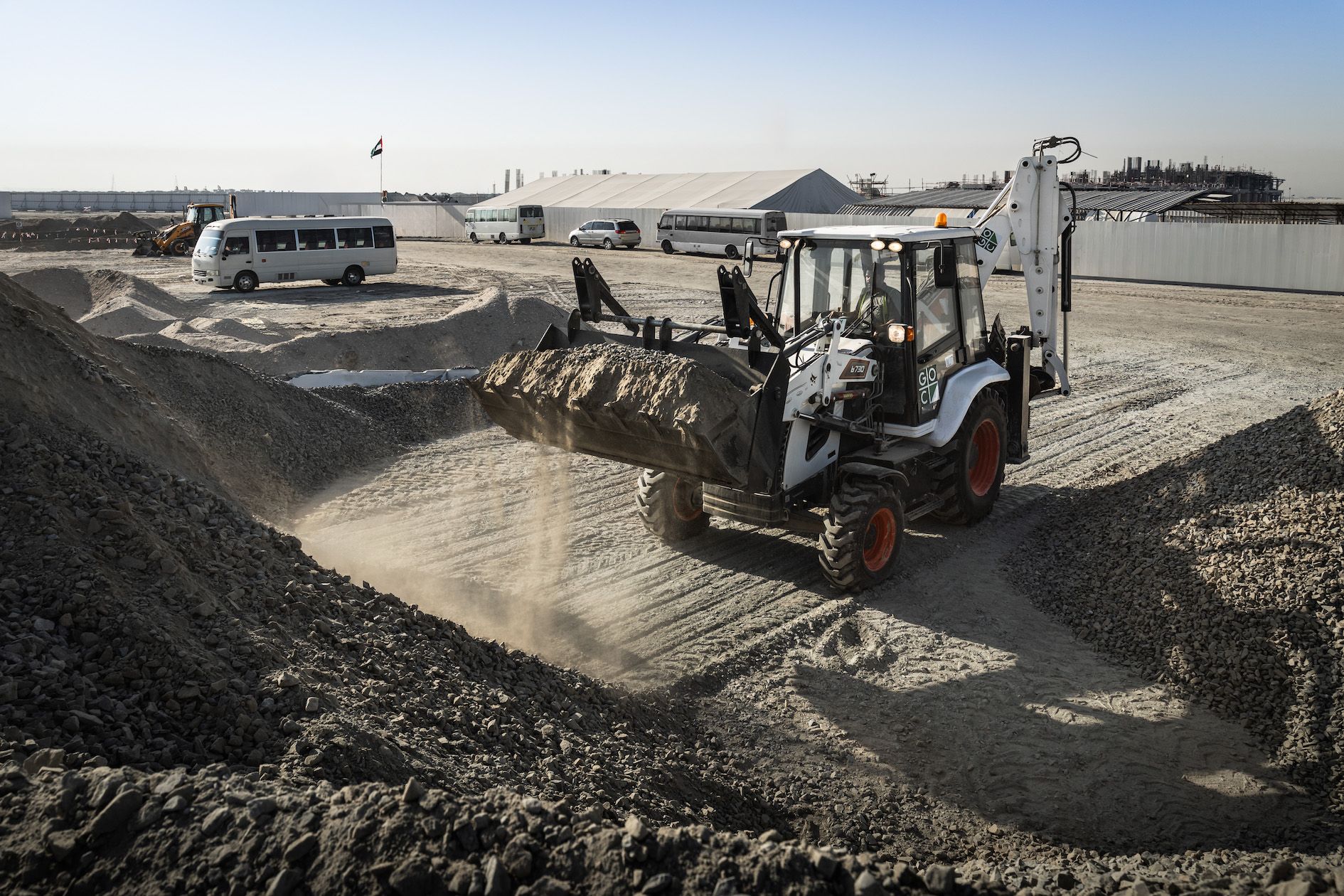More Trump Cabinet Nominees Line Up for their Hearings
Today we're looking at the manufacturing issues facing USTR, DHS and EPA.


Today we’re looking at the manufacturing issues facing USTR, DHS and EPA.
The Senate confirmation hearings for President-elect Trump’s Cabinet nominees are coming fast and furious this week. We’ve already looked at the manufacturing-related policies that will face many of them, including the nominees to lead the departments of Transportation, Commerce, State, Treasury and the Office of Management and Budget.
Today, we’re looking at a few more, including facing Lee Zeldin, who would head up the Environmental Protection Agency (EPA), whose hearing before the Environment & Public Works Committee is set for 10 am Eastern Thursday; Kristi Noem, the nominee for Department of Homeland Security (DHS) secretary, who will appear before the Homeland Security & Governmental Affairs Committee at 9 am Eastern Friday; and Jameison Greer, Trump’s pick to be United States Trade Representative (USTR), whose hearing before the Senate Finance Committee is not yet set.
What manufacturing-facing policies might they need to speak to? Read on:
United States Trade Representative
Section 301: Shipbuilding
The incoming Trump administration will be tasked early on with countering Beijing’s actions to dominate the global shipbuilding sector under a Section 301 investigation initiated under the outgoing Biden administration. This is important; China now controls over half the world’s shipbuilding, and its capacity is 232 times greater than our own. Failing to take decisive action will have catastrophic consequences for the security of our nation, the strength of our industrial base, and the livelihood of America’s workers.
USMCA Joint Review
The U.S.-Mexico-Canada Agreement (USMCA) includes a 2026 “joint review” mechanism that will create an opportunity to improve its “rules of origin” for autos. Loopholes in those rules allow countries like China that have made no commitments to gain “backdoor” access to the benefits of the agreement. AAM has warned that a surge of Chinese automobiles into the U.S. market could be an “extinction-level event” for the domestic auto sector, its workers, and its vast industrial supply chain.
Permanent Normal Trade Relations with China
There is increasing bipartisan support for revoking Permanent Normal Trade Relations (PNTR) for China. After all, the Chinese Communist Party has not lived up to its commitments since its 2001 entry into the WTO, and the surge of Chinese imports has been measurable and devastating. The Economic Policy Institute estimates that 3.7 million American jobs, including 2.8 million in manufacturing, were displaced between 2001 and 2018. China doesn’t deserve the same trade status as allies such as Taiwan, Norway, or the United Kingdom.
EPA
Buy America Loopholes
Billions of dollars are being distributed to decarbonize ports and school buses, but Buy America waivers and loopholes created by EPA are bypassing U.S. companies and their workers throughout the domestic supply chain. The incoming Trump administration will have an opportunity to review these waivers and loopholes to either narrow or eliminate them entirely.
Integrated Steelmaking Standards
Both House and Senate members – backed by U.S. producers and the United Steelworkers – have warned that new EPA air quality regulations for the integrated steel sector could push production to China and other polluting countries. Such an outcome would increase global emissions and make our nation more reliant on imports to the detriment of America’s workers. Moving forward, the EPA should continue working with domestic integrated producers and the United Steelworkers to carefully balance environmental regulation with economic and national security interests, ensuring that its integrated steelmaking environmental regulations are achievable.
DHS
Forced Labor
Customs and Border Protection (CBP) at DHS must enhance enforcement of the Uyghur Forced Labor Prevention Act, which makes clear that the United States will not willingly consume products made by a populace essentially enslaved by the CCP. The law’s “rebuttable presumption” standard must be vigorously enforced with full transparency, and additional emphasis must be applied to metals, parts and battery content, and raw materials in the auto and clean energy supply chains. No American consumer should unwittingly aid the Chinese Communist Party’s genocide against vulnerable ethnic populations, and no American business should be made to compete with forced labor overseas.
De Minimis Reform
The incoming Trump administration has an opportunity to close loopholes in U.S. de minimis trade rules, which are routinely exploited to evade trade enforcement and customs inspections for illicit goods, such as products made with forced labor or the precursor ingredients for illicit drug production. Since being loosened in 2016 de minimis shipments entering the U.S. have increased from approximately 140 million annually to more than 1 billion a year. The Biden administration is proposing new rules to tighten de minimis policy, but aggressive action is needed to restore order to this broken customs policy.
How will the hearings go?
Noem, the governor of South Dakota, has been a staunch supporter of the president-elect’s positions on immigration policy. Zeldin, a former congressman from New York, would likely direct a much more loose approach to environmental regulation as EPA director. Greer, meanwhile, is closely linked to Robert Lighthizer, who served as Trump’s USTR during his first term. Greer was Lighthizer’s chief of staff.
At any rate, we’ll be watching the hearings this week. Here are our cheat sheets for the confirmation hearings for Secretary of Commerce, Transportation, as well as Treasury, State and Office of Management and Budget.

 machineryasia
machineryasia 








